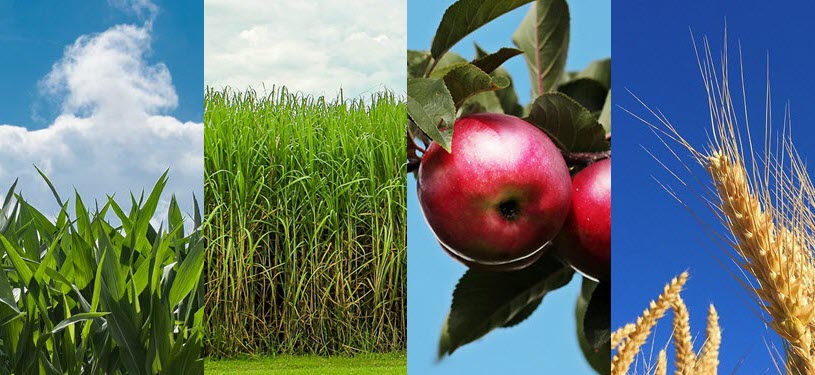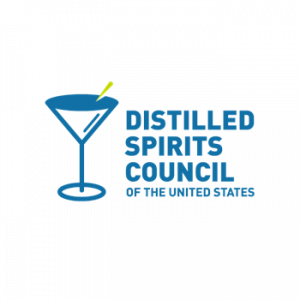
From the beginning, distilled spirits have been dependent upon the agriculturally based products from which they come. Many of the earliest distillers were actually farmers trying to make the most of their unsold harvests in order to avoid waste and turn their corn, rye, apples or sugarcane into cash.
For long term success of the spirits industry the careful stewardship of the environment and natural resources is essential for the American Whiskey Industry. Sustainable environmental practices are now more critical than ever for the continual production of the high-quality spirits that consumers enjoy.

The Distilled Spirits Council of the United States (DISCUS) has announced the formation of an Environmental Sustainability Working Group to collaborate and share effective strategies for maximizing resource utilization and eliminating waste at every step of the production process.
“The distilled spirits industry has been deeply invested in protecting our environment and natural resources,” said Chris Swonger, President & CEO of the Distilled Spirits Council of the United States (DISCUS).
“This new working group, consisting of DISCUS member company sustainability experts, will exchange ideas and share best practices on preserving the water producers use to distill their wonderful spirits, finding more efficient ways to use energy and identifying alternative uses for byproducts.”
Swonger underscored that sustainable environmental practices are critical to the continual production of the high-quality spirits that consumers enjoy.
“Distilled spirits are agriculturally based products. Careful stewardship of the environment is essential for the continued success of our great industry,” said Swonger. “Efficiency matters, and from field to bottle, every drop counts.”
Stay Informed: Sign up here for the Distillery Trail free email newsletter and be the first to get all the latest news, trends, job listings and events in your inbox.
Spirits companies are employing a range of sustainability strategies including the following categories.
- Land Stewardship: Producers are reducing the impact on local ecosystems by making better use of soil nutrient availability, reducing fertilizer use and maximizing crop yield through spatial efficiency and planting methods.
- Responsible Water Use: Producers are updating their facility design and irrigation methods for more efficient water use and re-use of water resources in crop growth and production. Wastewater is continually managed and even reused in some cases.
- Energy Reduction: Whenever possible, facilities are employing renewable energy sources, such as hydroelectric and solar power, to maximize the use of an environment’s natural renewable resources. Investment in new equipment and energy-saving technologies are reducing the amount of energy used in ethanol production.
- Circular Material Syncing: Producing distilled spirits affords many opportunities to reuse valuable resources. Spent grain from distillation is often provided back to farmers as a nutritionally-rich food source for animals. Water byproducts from the distillation process is stripped of organic matter, then reused in irrigation for new crops.
- Waste Reduction: The industry is dedication to the reduction of plastic and single-use products and packaging. Producers and manufacturers aim to exceed mandated waste reduction efforts with an end goal of zero-waste generated.
- Evaluating Transport Burdens: In order to alleviate greenhouse gas emissions (GHG), producers are taking steps to reduce the burden on transportation systems by increasing truck fill rates that reduce vehicle time in transit and increasing container fill rates in ocean freighters to reduce their carbon footprint. Low-sulphur and Compressed Natural Gas fuel types are encouraged to reduce carbon emissions.
Learn more about Distilled Spirits Council of the United States (DISCUS).
View all DISCUS Members.
Learn more about the American Whiskey Trail.
Please help to support Distillery Trail. Sign up for our Newsletter, like us on Facebook and follow us on Instagram and Twitter.




